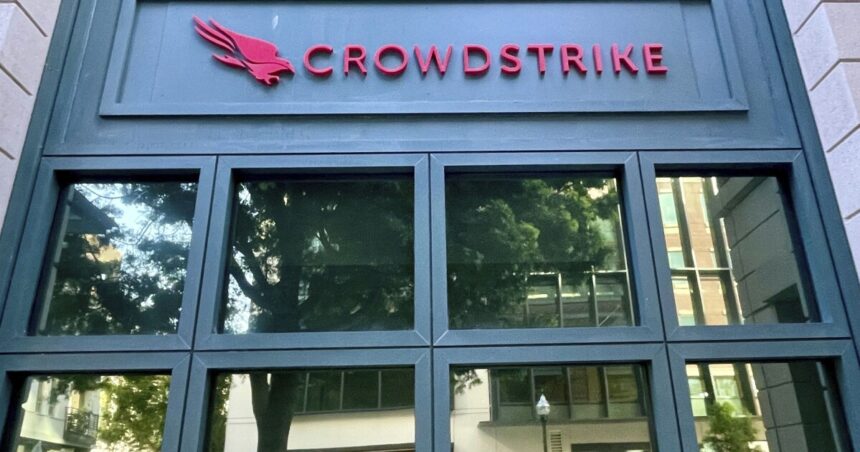The cybersecurity firm CrowdStrike is facing backlash following a recent global tech outage that impacted banks, retailers, and airlines. The criticism is not directly related to the blackout itself, but rather to how the company is handling the aftermath.
In a gesture of appreciation to its partners who are assisting in resolving the situation, CrowdStrike has reportedly offered $10 Uber Eats gift cards, according to sources cited by Business Insider and TechCrunch.
Recipients received a code for the voucher in an email from CrowdStrike, which was shared on X but later removed. The email expressed gratitude and apologies for the inconvenience and extra work caused by the July 19 outage, with the company offering the gift card as a token of thanks for the partner’s efforts.
One user on X shared a screenshot of their UberEats voucher worth £7.75 (approximately $10), along with a message from CrowdStrike’s team. However, some recipients reported issues when attempting to redeem the voucher, as UberEats marked them as invalid or canceled. Some vouchers were reinstated after CrowdStrike sent out another email.
RELATED STORY | CrowdStrike gives initial report on how last week’s global computer outage happened
A spokesperson for CrowdStrike confirmed that the gift cards were sent to partners of its Accelerate Program who were assisting in addressing the outage. However, high redemption rates led Uber to flag the vouchers as potential fraud, resulting in initial cancellations.
CrowdStrike revealed that the previous outage was caused by an undetected bug in a software update. This bug triggered crashes in certain Windows systems, affecting millions of machines used by hospitals, government agencies, and other organizations.
Despite recovery efforts, some businesses are still grappling with the impact of the outage, prompting federal investigations and calls for testimony. The Department of Transportation and lawmakers are seeking answers from CrowdStrike CEO George Kurtz about the incident.
“System-wide outages like these highlight the fragility of industries when faced with a single glitch,” said U.S. Federal Trade Commission chair Lina Khan. “It demonstrates the risks associated with centralized systems affecting millions of individuals and businesses.”





